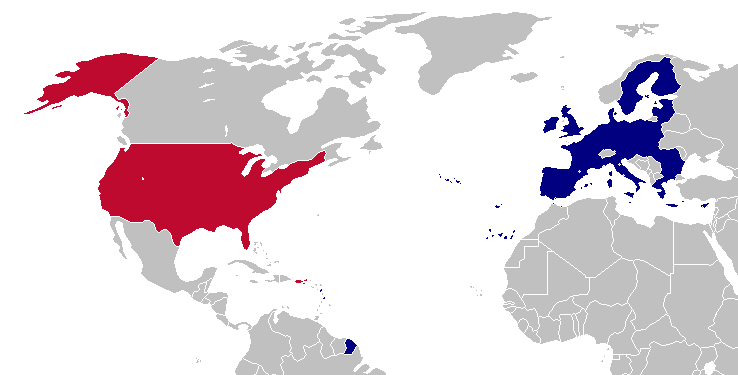

I wonder if they managed to extract any information vegetable, animal, or mineral
Mathematics student who upon completion of his degree was ripped from the university’s caring bosom and cast into the ghastly cold world of employment


I wonder if they managed to extract any information vegetable, animal, or mineral


There is no version of socialism that could be “what we want overall”. In each country where it is implemented, and within that country in each province, socialism changes its form to address the practical demands of the situation at hand, as they are dictated by the current local topography, climate, vegetation, state of infrastructure and material conditions, culture, demographics, history, law, foreign relations, military capabilities, advancement of urbanisation, education, bureaucratisation, and familiarity with technology, prevalence of diseases and their countermeasures, pollution, availability of public activities and facilities, et cetera.
The socialism in China is the socialism of China, and the socialism of neighbouring nations such as Vietnam, Laos, and the DPRK already looks very, very different; even moreso than the variation between and within China’s cities and provinces. Neither is its current form of socialism the same as what they did in the 1960s or in the 1990s. I suppose you don’t live in China - that much one can read into your takes - therefore I can already promise (disappoint?) you that when socialism develops where you live, it will be nothing like the Chinese version.


what the people who made the map are smoking
When the reason why the Netherlands are blue on this map is also the reason why the Netherlands are blue on this map
The Western hegemon has become so skillful at papering over its internal contradictions since the 90s that the only fault line where the pressure of its geopolitical antagonism against BRICS+ can be released lies at its rim, and so this is where the activity is felt the hardest. Even now, when the USA is extracting most of Europe’s chemical industry, the European leaders must treat this as a necessary sacrifice and look elsewhere to compensate for the capital that is now missing, that is, to redirect the economic pressure downwards to its own client regimes. This leads to atrocities that are worse than anywhere else in the world, directed at the client regimes’ opponent - Donbass to Ukraine, Palestine to Israel - aimed at dehumanising and breaking the opposing populations; and likewise counter-atrocities that the opposing soldiers commit when faced with these events that will lead to the total collapse of anyone’s sense of morality.
Because the hegemon is successful in quelling any internal dissent that could effectively question its motives or methods, the only way of ending these atrocities is the slow and painful unravelling of the whole empire from the outside inwards. This began with the creation of BRICS in 2001, it accelerated with the quick succession of Chinese-sponsored development initiatives during the late 2010s, and it has reached a temporary culmination in the recent, though bloody developments in Donbass and Palestine. It must be remarked that those two wars are of an entirely other quality than the kinds of wars that have previously been waged at the edges of the empire. Not only are they wars between nation states on strategic scales rather than protracted unilateral interference using terror groups or factions of civil wars; but the general direction of battle points into the empire rather than out of it. This is because the economic efficiency of the empire has now declined to a point where it logistically cannot support its own extent, making its client regimes vulnerable to actual warfare for the first time since the end of the Cold War.
However, there is hope, and we have proof that such bloodshed is not necessary to the unravelling of a client regime. Saudi Arabia, for all its flaws, has been the first example of such a regime to step away from Western hegemony relatively peacefully, and out of its own volition. With its joining the BRI and the AIIB and the preparation of its application to BRICS+, Saudi Arabia has slowly been prepared to trust China to mediate a peace deal with Iran in March 2023, which led to the war in Yemen slowly fading out. Even if the current atmosphere necessitates it to follow military conflicts in detail as part of a complete news diet, we should still keep the existence of this unprecedented, though reproducible diplomatic offramp in mind, and cherish it.